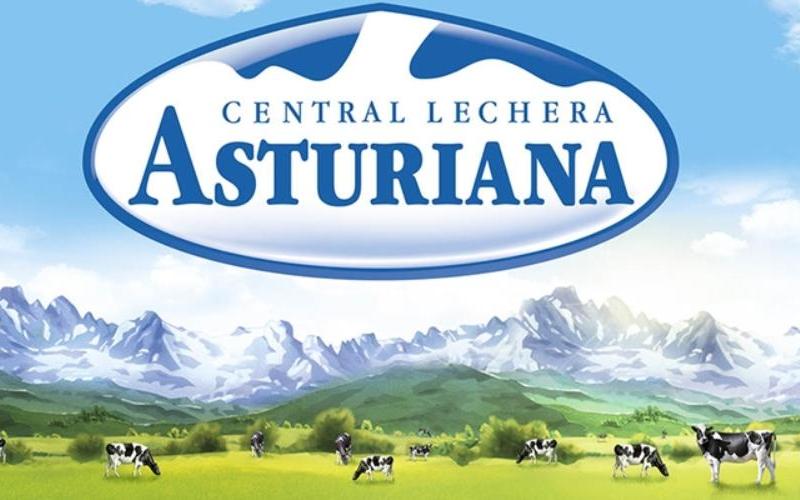Spain: A Milk Brand Is Banned Due to Commercial Conflict

La defensa del modelo ganadero, clave del desacuerdo
According to José Armando Tellado, general director of Central Lechera Asturiana, the conflict arises from the company's inability to accept new conditions laid out by Alimerka. The dairy cooperative insists on maintaining a model that ensures economic stability for their Asturian farmer partners. They argue that accepting the supermarket chain's proposals would jeopardize the future of many farms reliant on Central Lechera Asturiana for selling their dairy production.
Impacto en consumidores y productores, con búsqueda de alternativas
Agrarian organizations like Unión Rural Asturiana (URA) have already expressed concerns about the potential negative impact on both farmers and consumers, who may see a reduced availability of local dairy products in their daily purchases. In response to this impending break, Alimerka must seek alternatives for their shelves, considering brands like Puleva, Pascual, or Covap to fill the gap left by the iconic Asturian brand, which may reconfigure the dairy market in their stores.
Un conflicto con puertas abiertas a futuras negociaciones
While the decision seems firm, with Central Lechera Asturiana's products expected to disappear from Alimerka stores in the upcoming weeks, the dairy company does not close the door to future negotiations, provided the conditions are more favorable. This stance underscores the cooperative's commitment to protecting the interests of their dairy producers and the sustainability of Asturian farms, sending a clear message about the importance of fair commercial agreements in the dairy value chain.
Implicaciones para el mercado minorista y la industria láctea
This commercial disagreement between a producer and a retail chain exemplifies the tensions that can arise in the dairy supply chain, especially amidst inflationary pressures and the quest for efficiencies. For the international dairy sector, this case illustrates how decisions at the food distribution level can directly impact farmers' profitability and consumer offerings. It highlights the need for ongoing dialogue and agreements that benefit all segments of the dairy industry, from primary production to point of sale.










